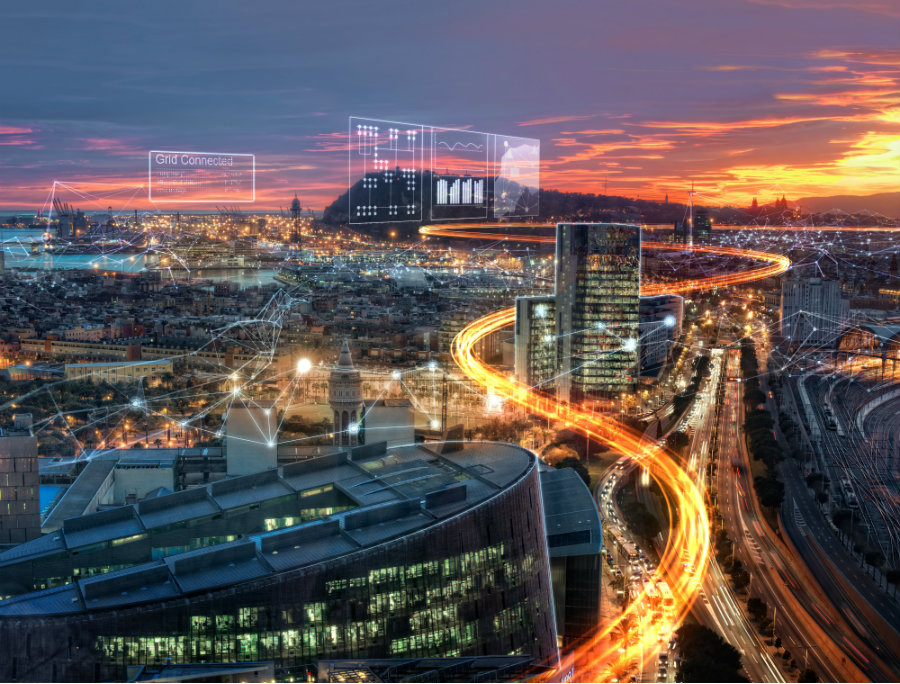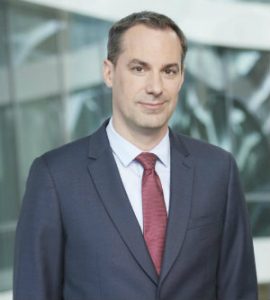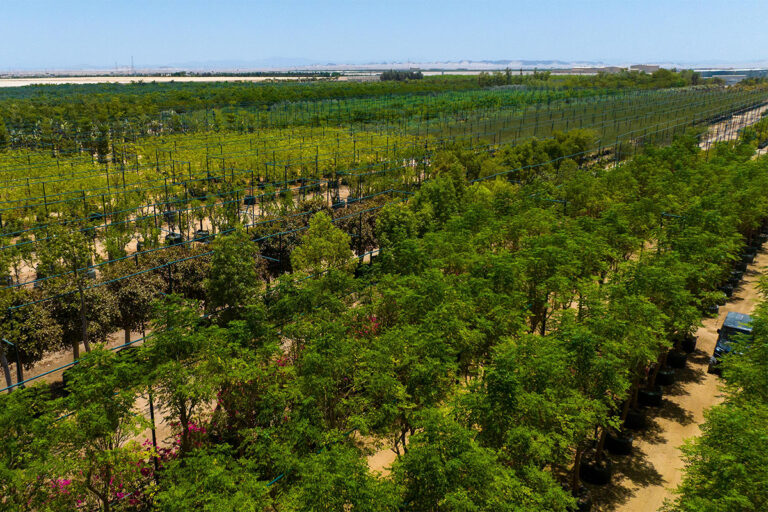If world leaders gathering at Davos this month are to live up to the theme of the 2018 World Economic Forum, “Creating a Shared Future in a Fractured World,” they will have to call on the full power of emerging digital networks that create new connections between people, companies and devices.

By linking up physical infrastructure to the digital world, these technologies have the potential to transform basic industrial processes and make the economy of tomorrow more inclusive and more sustainable.
“The Fourth Industrial Revolution will completely alter how we produce, how we consume, how we communicate and how we live,” WEF founder and executive chairman Klaus Schwab has forecast. “It will allow, if we get it right, a much more human-centered approach, fostering not only material satisfaction, but also genuine individual and societal wellbeing for all.”
Whether new networks are integrating household solar panels into national energy grids, helping car manufacturers predict and prevent traffic jams before they happen, or improving the efficiency and sustainability of the mining industry, digitalization is already having a profound impact across all areas of the economy.
“Digitalization is the new normal and is driving the Internet of Energy.”
Cedrik Neike, Member of the Managing Board, Siemens
In the energy sector, the Internet of Things and digitalization “will turn the whole industry upside down,” says Cedrik Neike, the youngest member of the managing board of German conglomerate Siemens, with special responsibility for energy management.
“Just as the arrival of the Internet meant that anybody could communicate with anyone else without having to go through a central telephone exchange, now the Internet of Energy is decentralizing the world’s energy system and making electricity greener and more affordable.

Siemens
“Energy companies need to embrace a new mindset to respond to the emergence of millions of smart energy generation units and to build a more sustainable, affordable and reliable grid.”
One of the most dramatic implications of the Internet of Energy is the so-called virtualization of the traditional power plant, the replacement of large generating facilities by aggregated small producers. At a major shopping mall in Helsinki, Finland, Siemens is installing solar panels, a microgrid and a state-of-the-art battery storage system.
As a result, the shopping mall will soon be able to operate as a virtual power plant, generating its own power, selling surplus electricity back to the national grid and reducing the need for major investments in expensive and often polluting backup plants.
“We have now a historic window of opportunity to shape technological breakthroughs.”
Klaus Schwab, Founder and Executive Chairman, World Economic Forum
“With the Internet of Energy, a project that starts out being driven by cost savings can expand to create entire new business models,” Neike says. “Not only will the mall save energy but it will also help to stabilize the Finnish grid.”
Across the Atlantic Ocean, Siemens is using another digital innovation to develop a business model that will take the energy revolution even further. Working with a start-up in Brooklyn, Siemens is developing a microgrid that will use blockchain to let local residents and businesses buy and sell solar power directly from each other, creating a completely self-sufficient energy network.
“Thanks to new technologies, whole neighborhoods could start producing and trading their own electricity,” Neike says. “This will not only make energy more affordable and more reliable, it will also give energy an emotional meaning for the consumers and producers of the future”![]()
As published in TIME magazine









